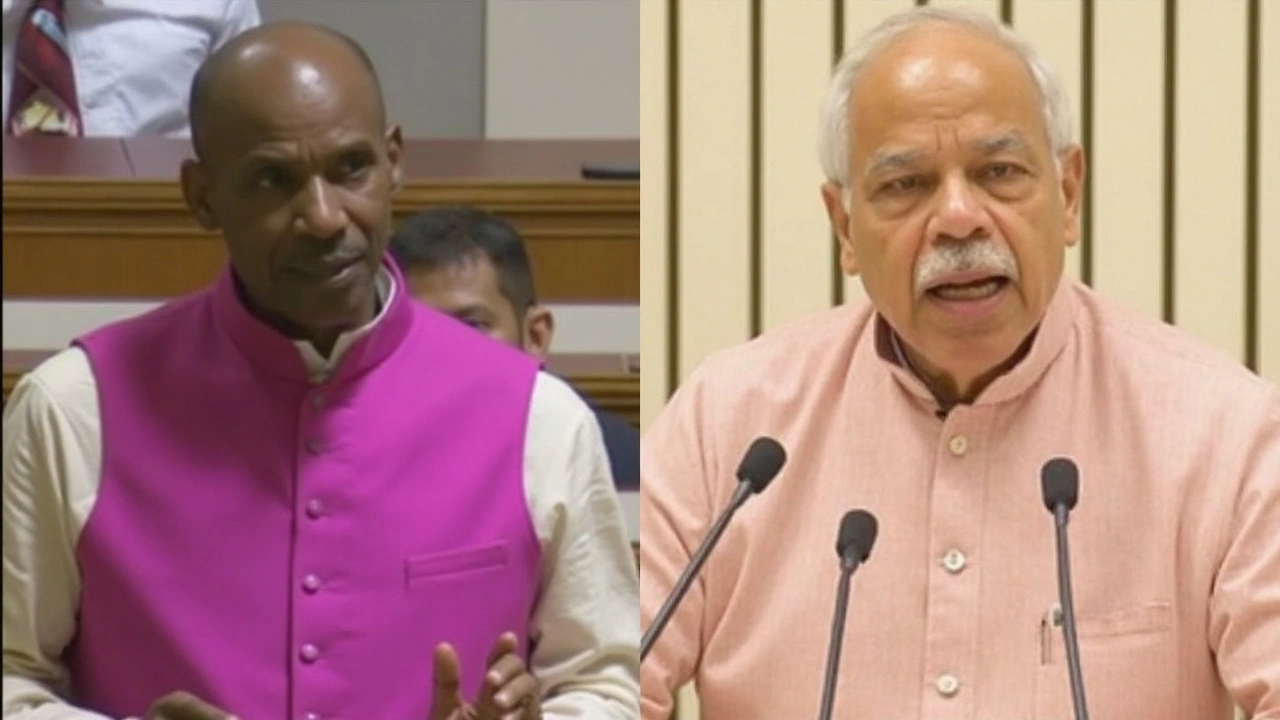The Bharatiya Janata Party (BJP) has made a significant announcement aimed at calming the anxieties of tribal communities in Jharkhand. As the state gears up for another round of the delimitation process, the BJP assured that there would be no reduction in the seats reserved for Scheduled Tribes (ST). The move attempts to counter the panic stirred by the opposition, particularly from the Jharkhand Mukti Morcha (JMM), which has voiced concerns about potential losses in tribal representation.
Understanding why this assurance was necessary requires a journey back to previous delimitation efforts. The attempts in 2002 and 2008 are still fresh in the minds of many, especially since those processes nearly slashed tribal seats before last-minute interventions preserved their numbers. This historical backdrop sets the stage for the current political landscape, where tribal representation is fiercely protected.
During the 2002 delimitation, a critical moment occurred when then-Chief Minister Shibu Soren stepped in, preventing the reduction of six tribal seats. The fear then, as it is now, revolves around a demographic shift that could potentially dilute tribal influence in state politics. The BJP’s current promise aligns with its strategic positioning, keen to avoid any hint of demographic marginalization that could alienate a key voting bloc.
Meanwhile, the Rashtriya Swayamsevak Sangh (RSS) has been actively engaging with tribal communities, a move that adds another layer to the political maneuvering in the state. The RSS’s outreach efforts seem to be a calculated attempt to shore up support among tribals, reassuring them of continued representation and countering opposition narratives.
Yet, skepticism remains. The JMM and other opposition factions argue that the BJP’s assurances might not withstand the realities of population-based redistribution, which they claim could erode tribal political strength over time. This dynamic highlights a deeper mistrust between the ruling party's intentions and the opposition's skepticism.
The ongoing debates underline the complexities involved in balancing demographic realities with political representation needs. For tribal communities in Jharkhand, the promise of maintained representation remains crucial, as any shift could have profound implications on their socio-political standing. As the delimitation process proceeds, all eyes will be on how these assurances hold up against the actual outcomes.
